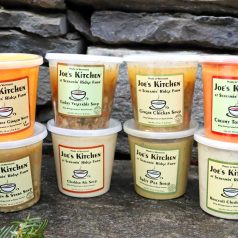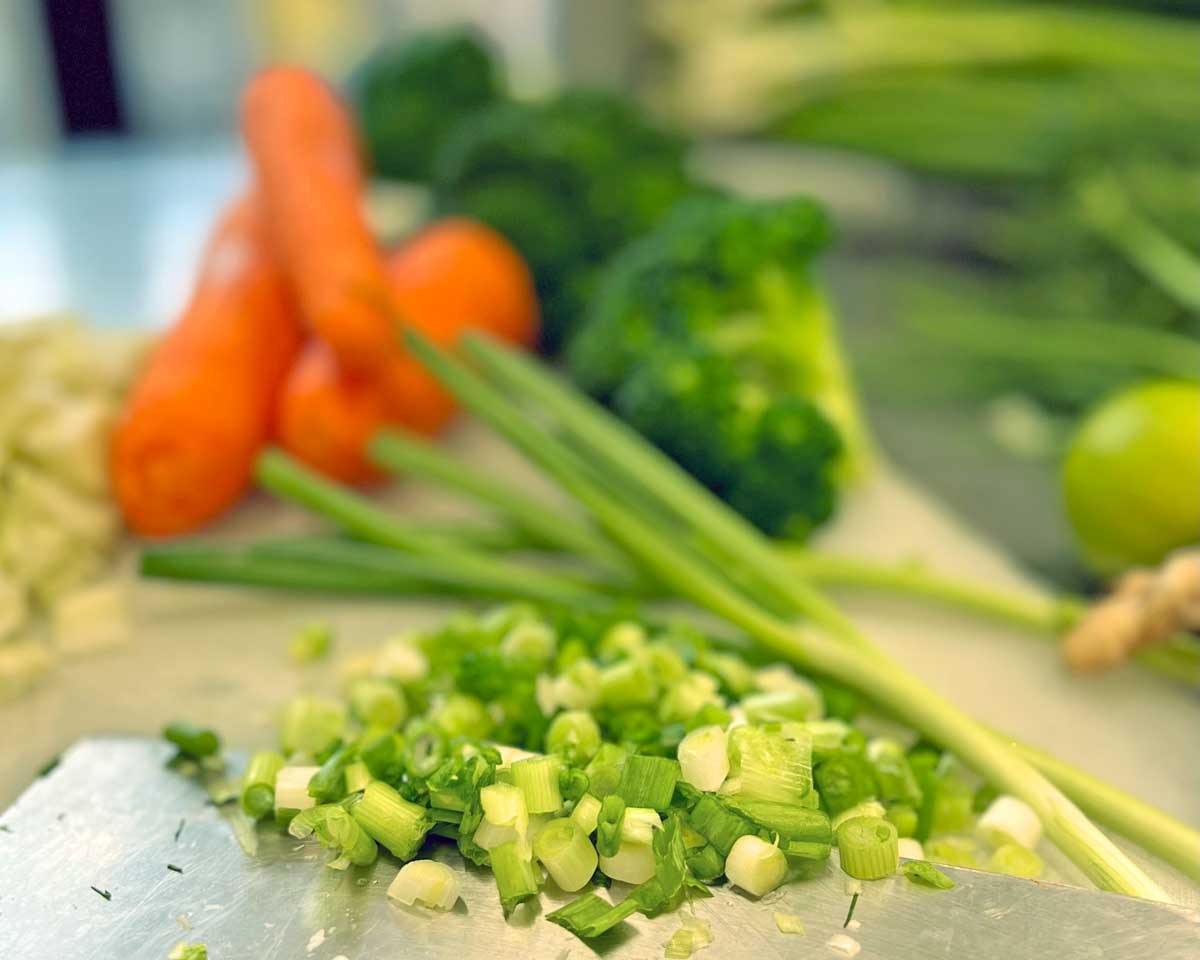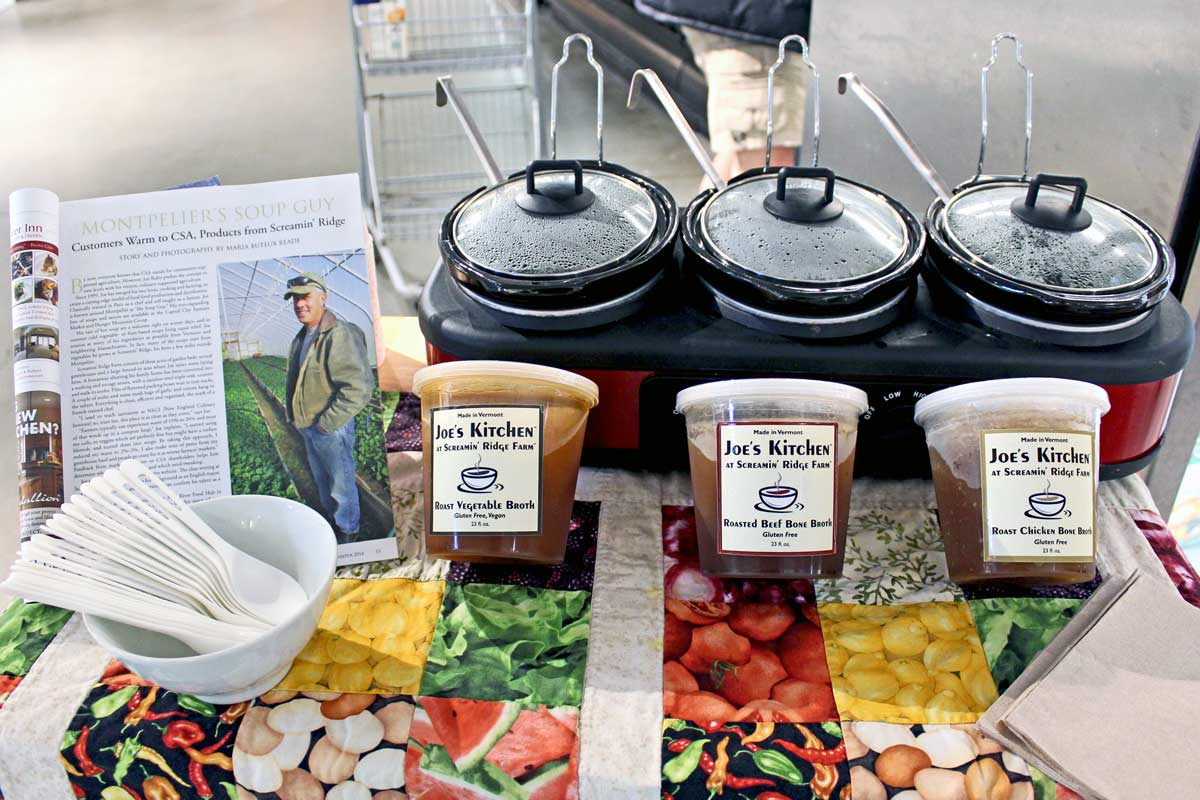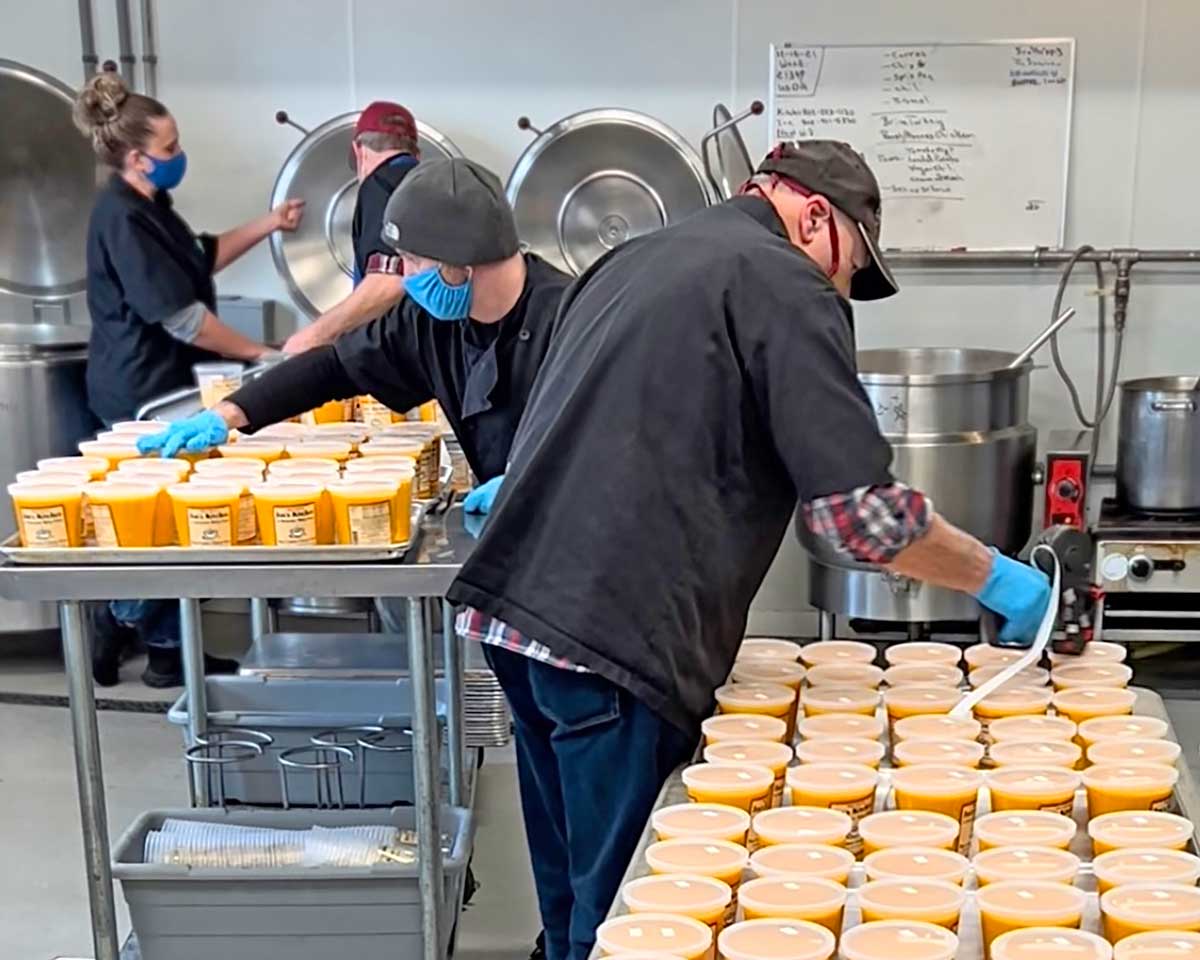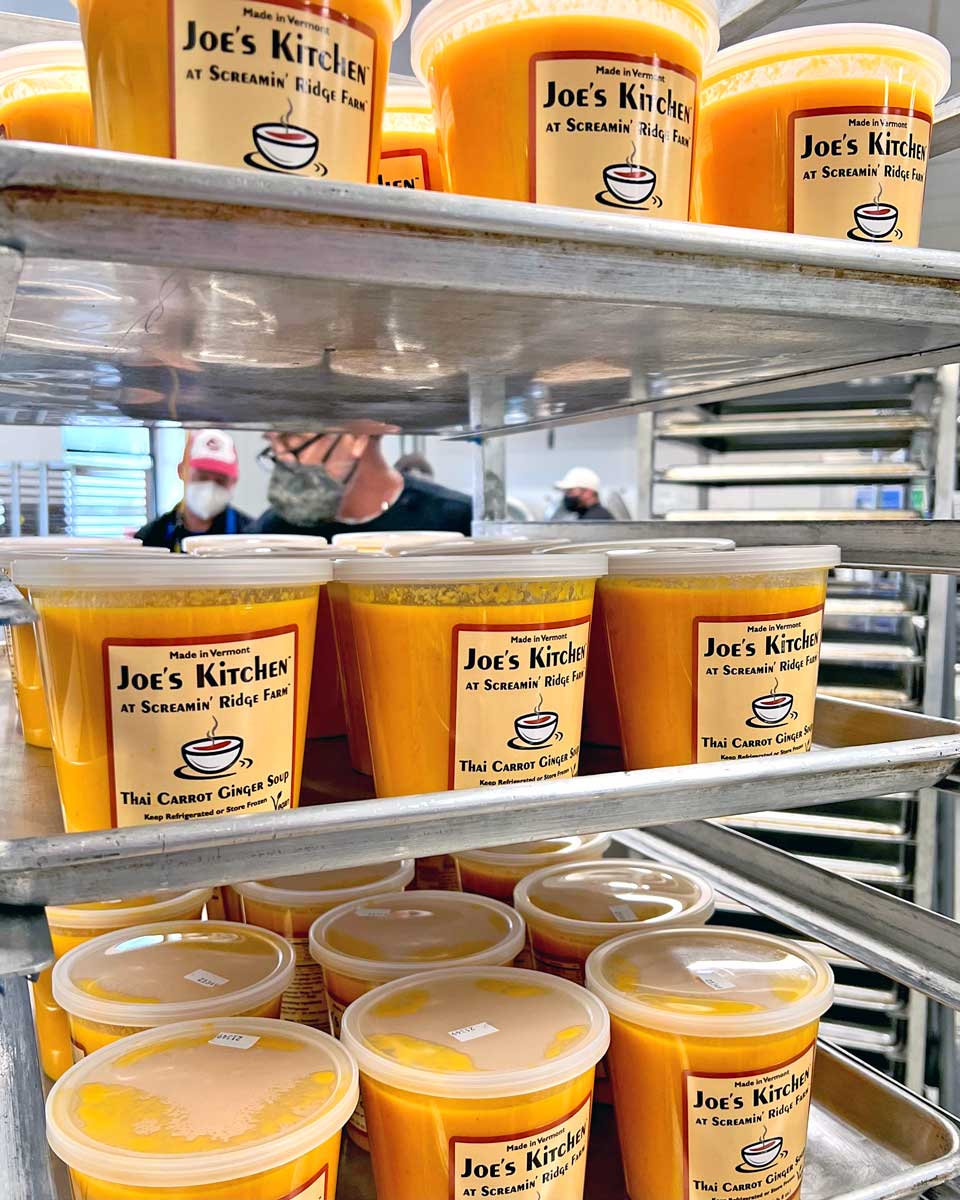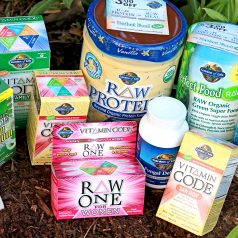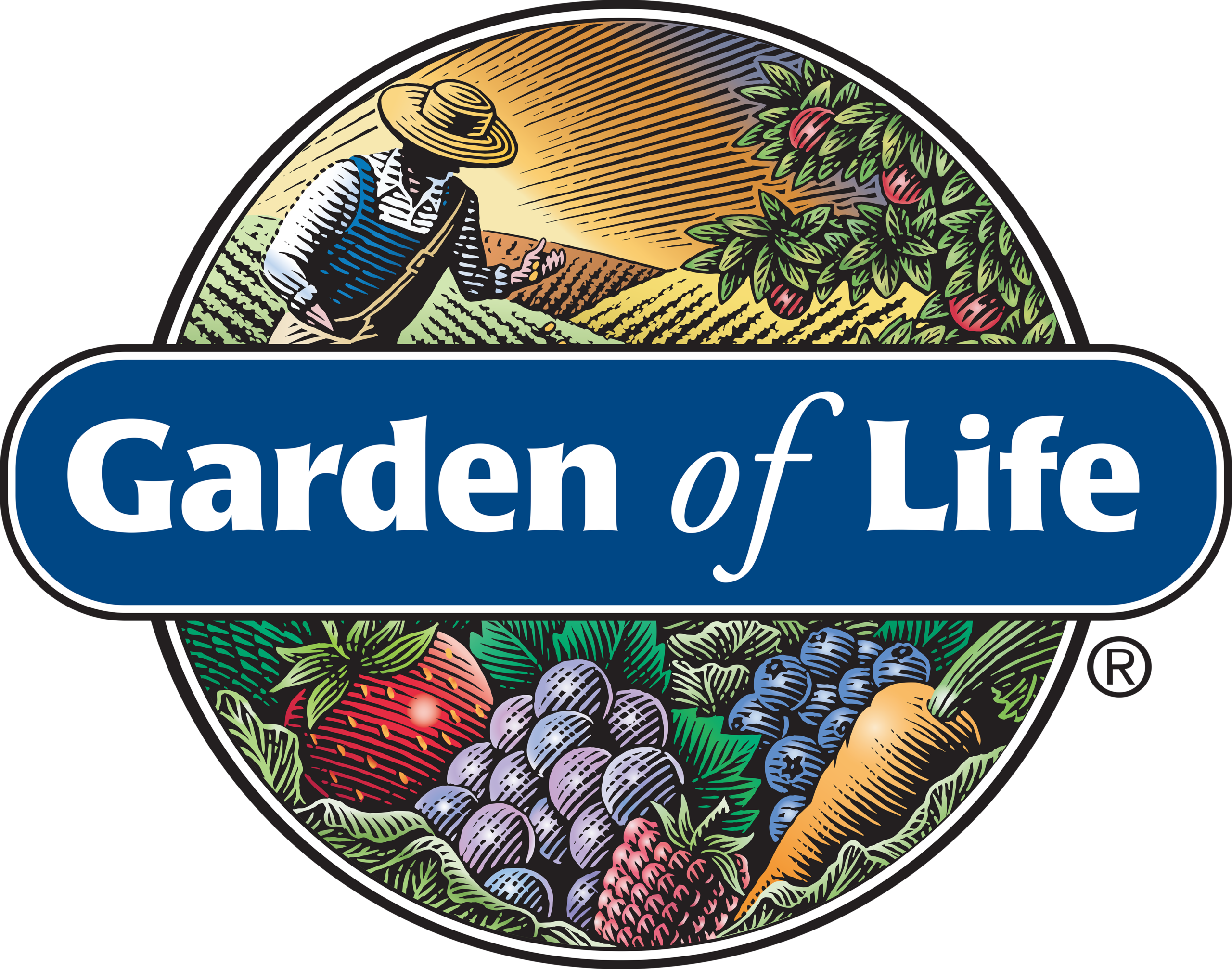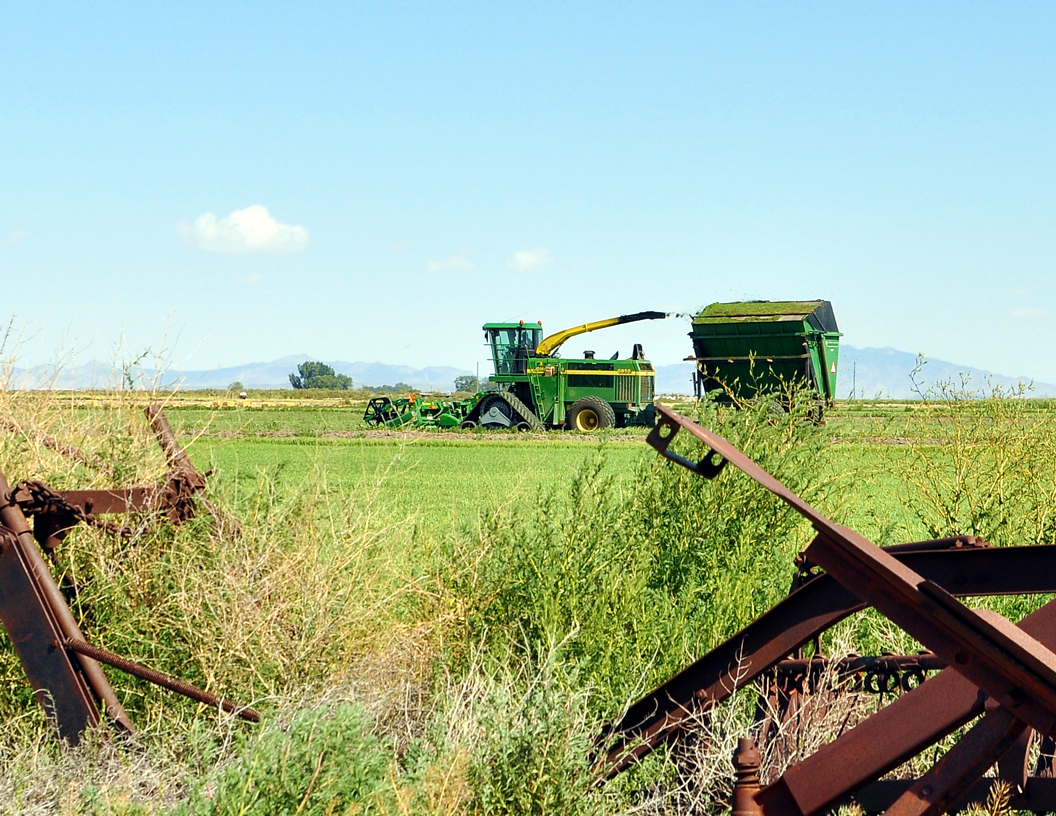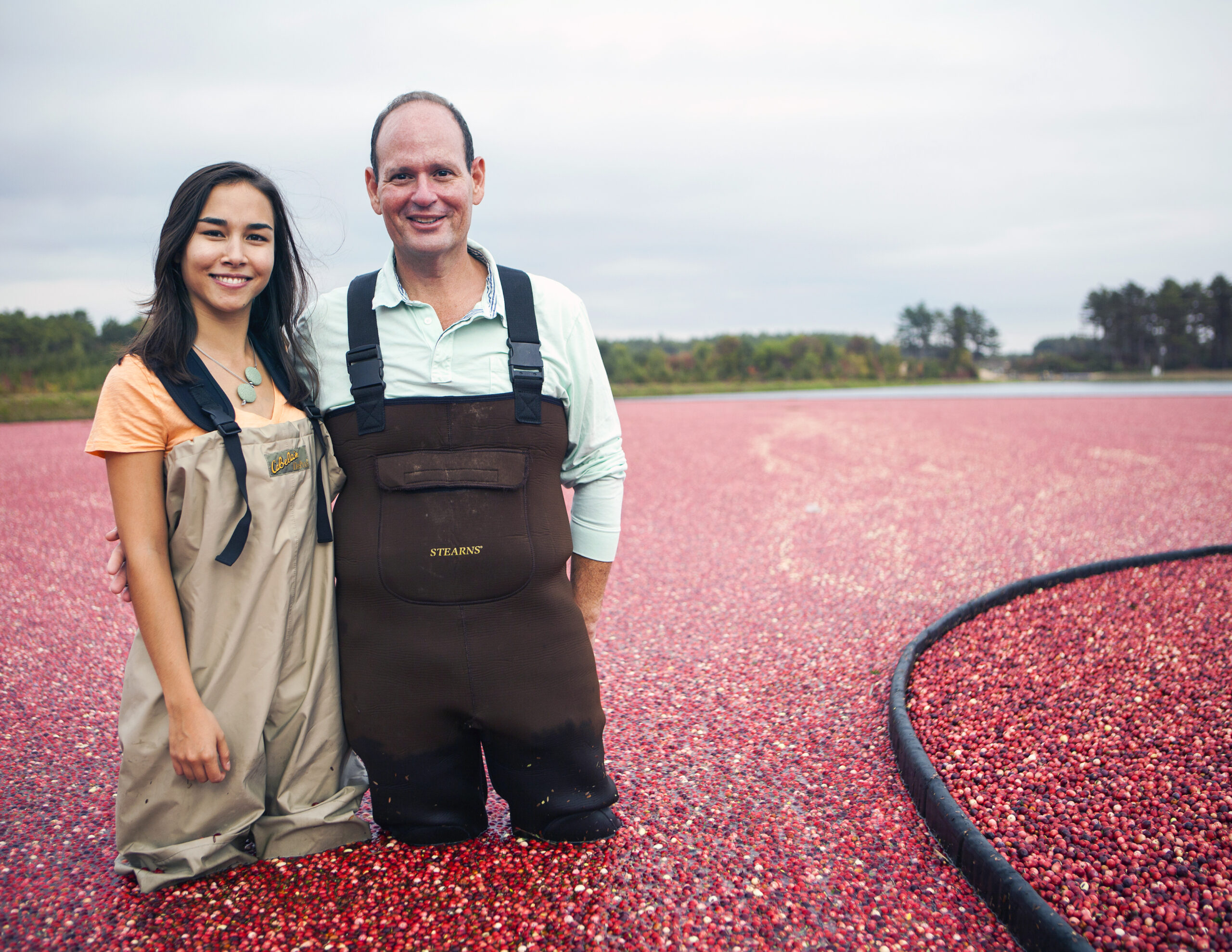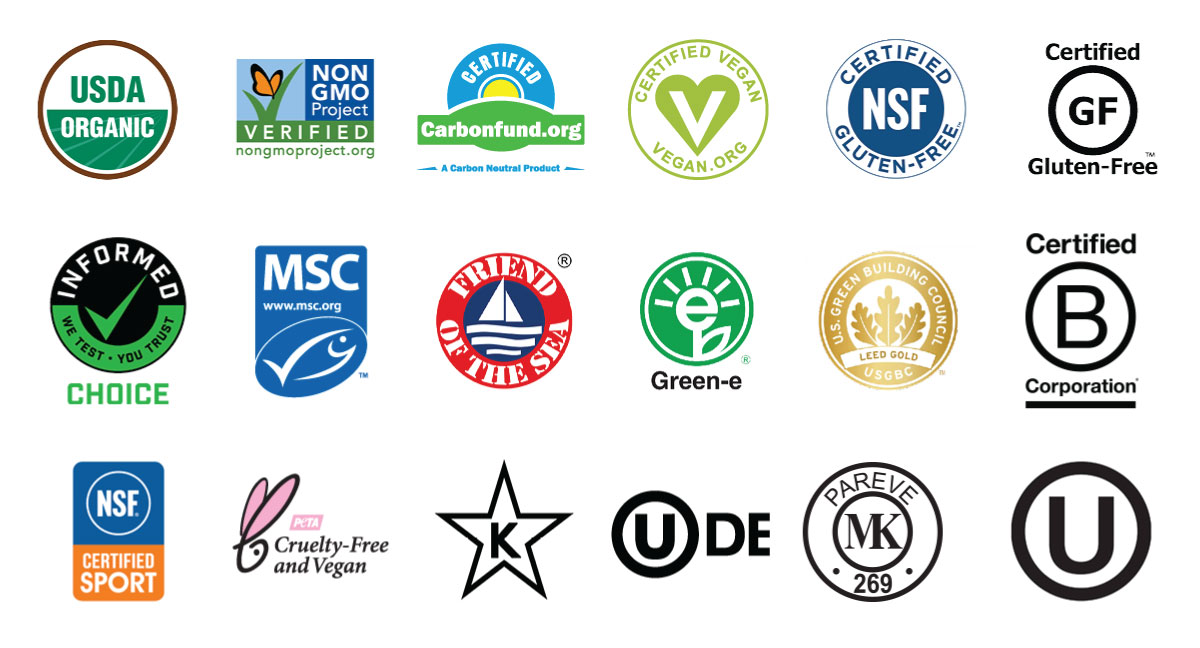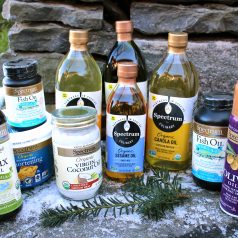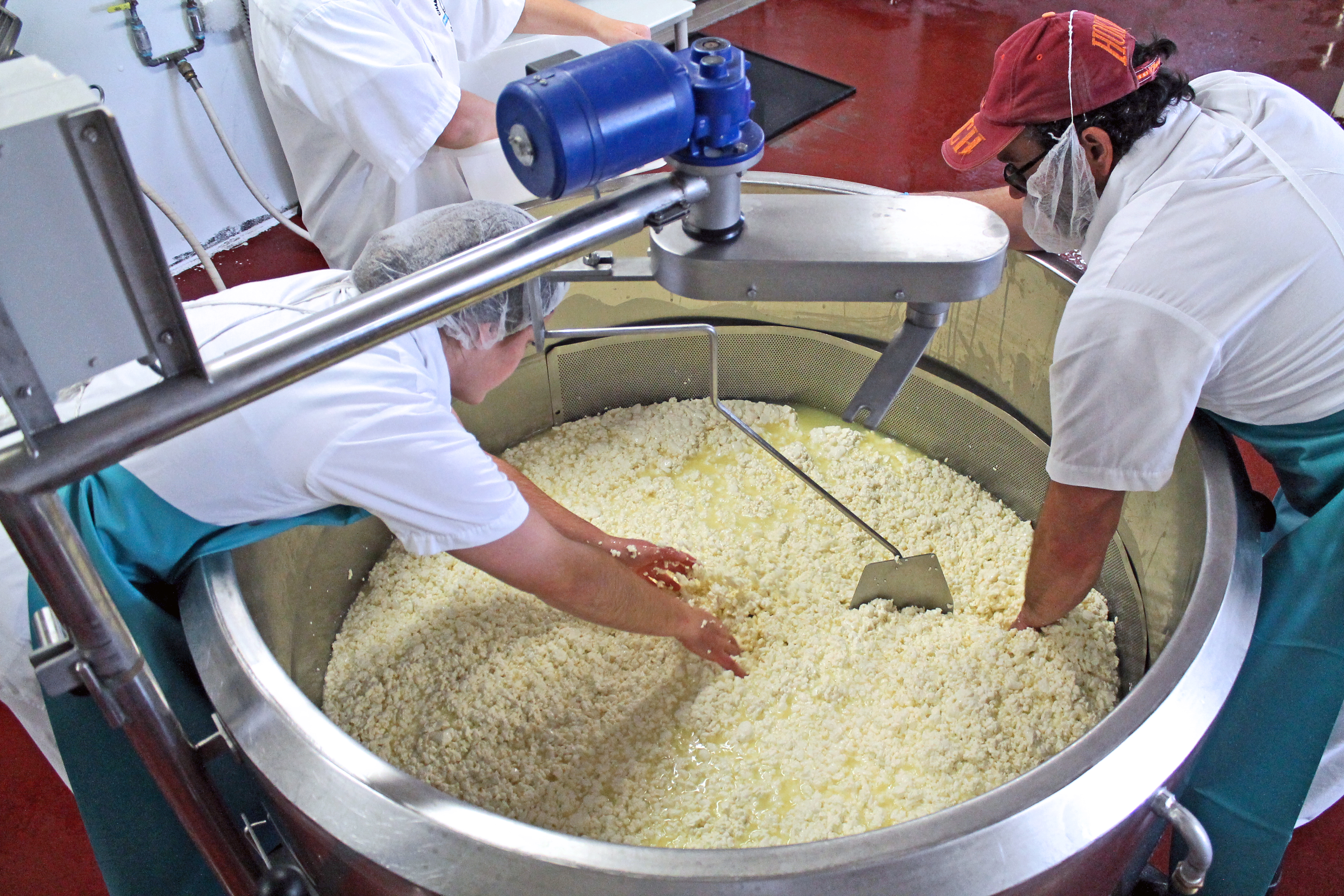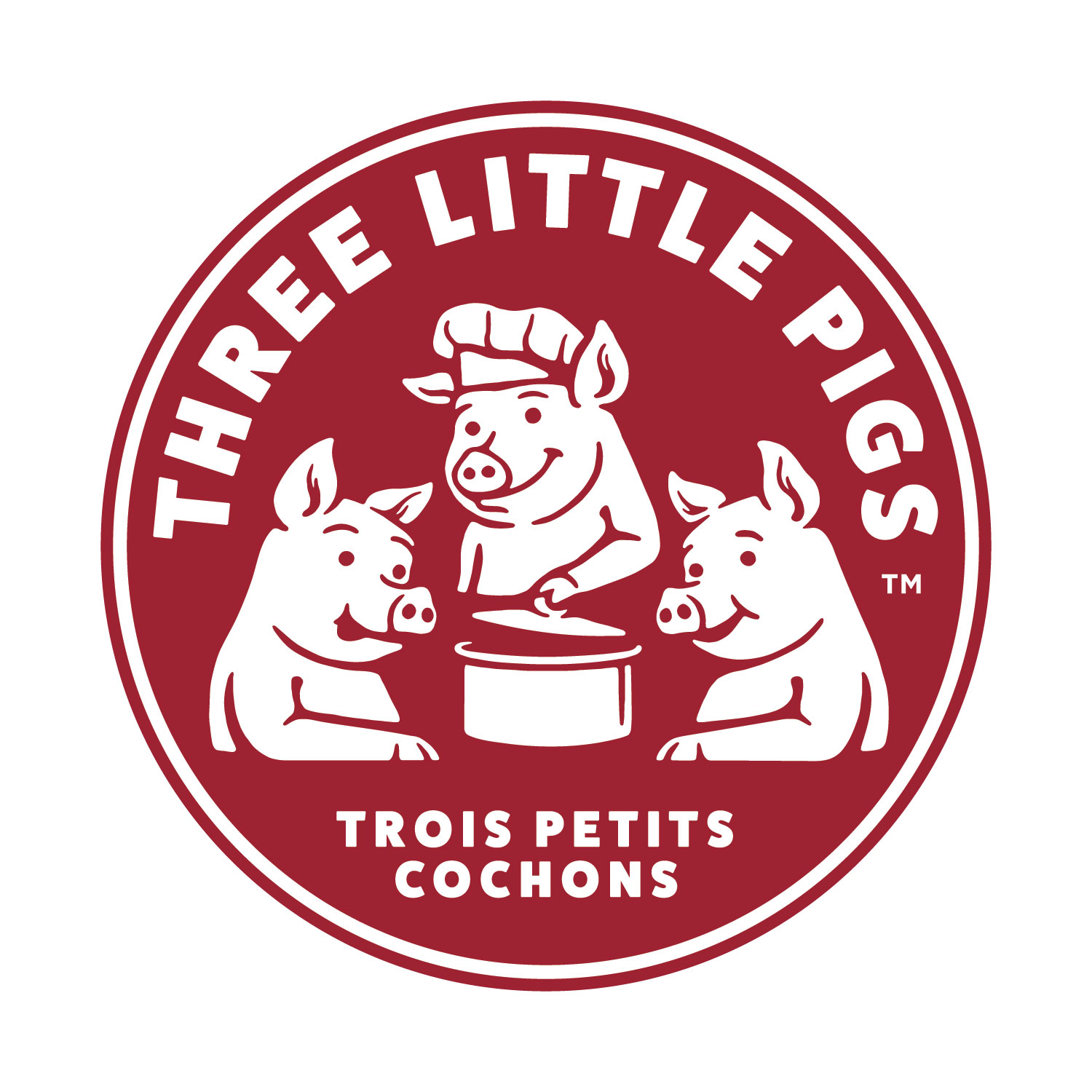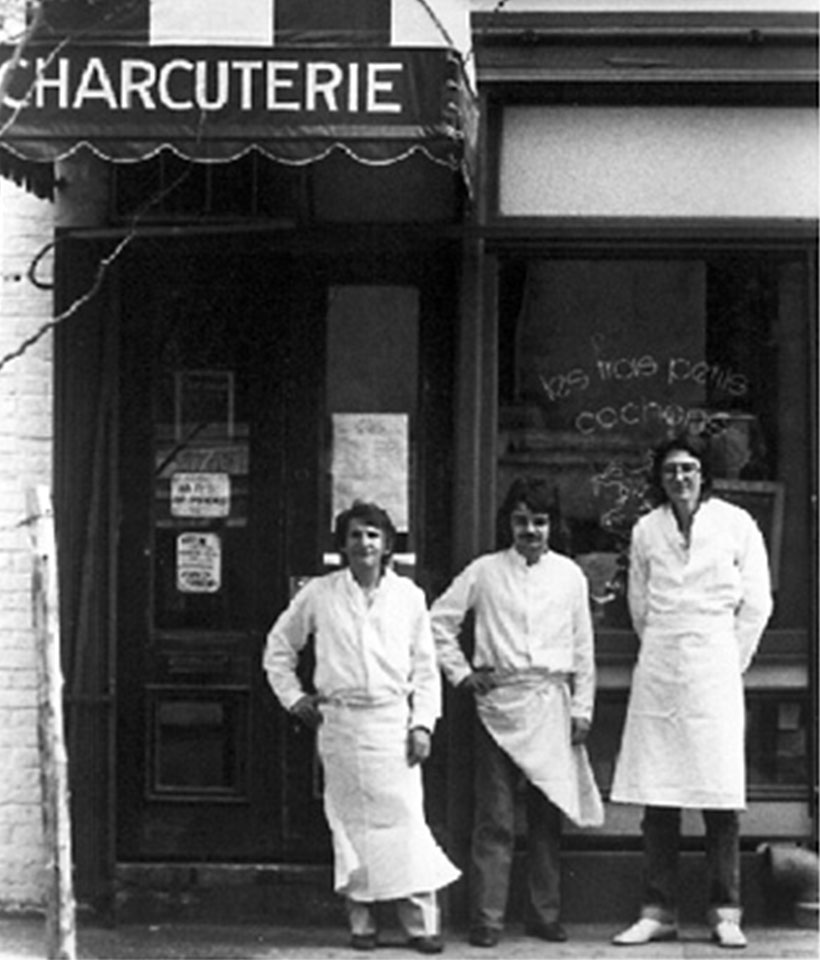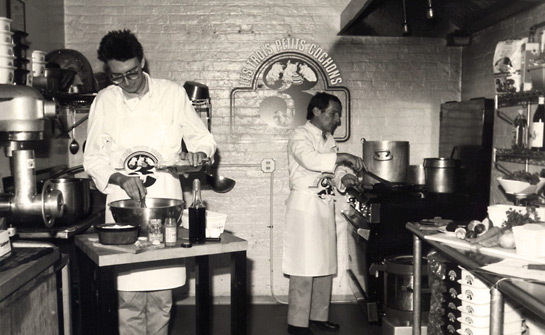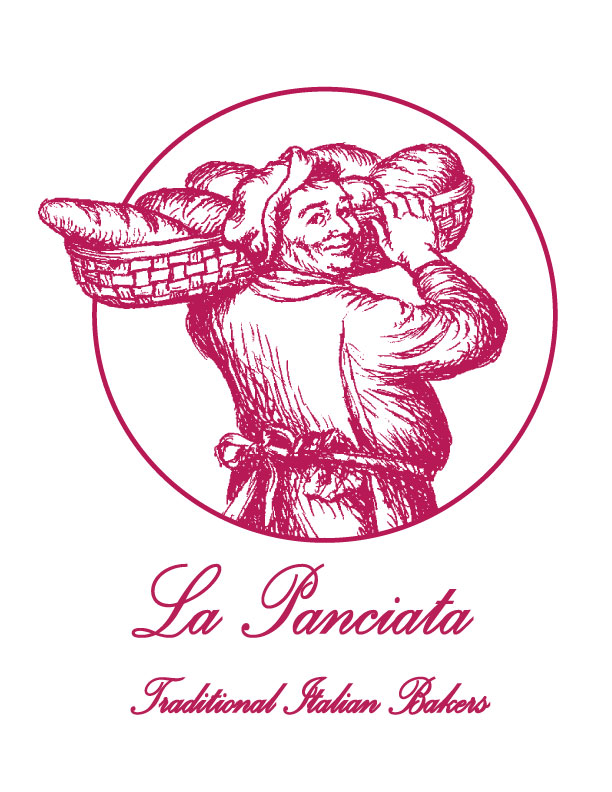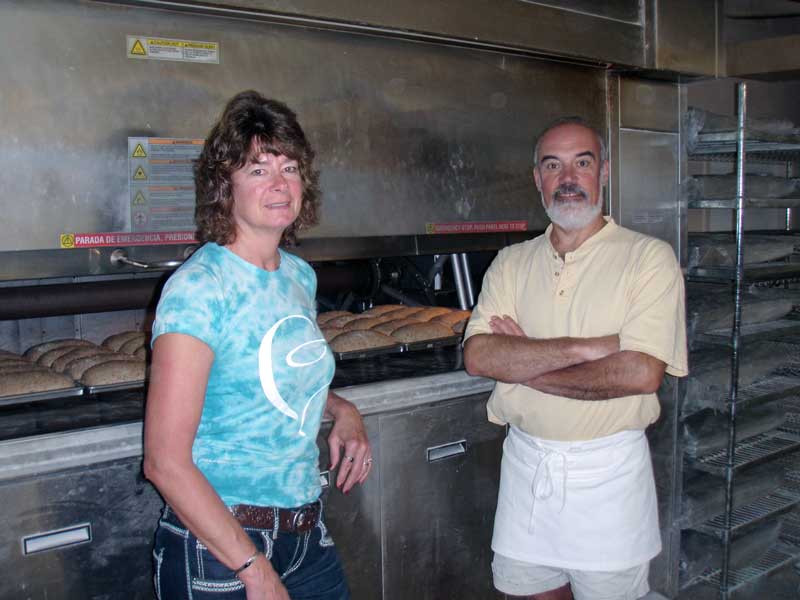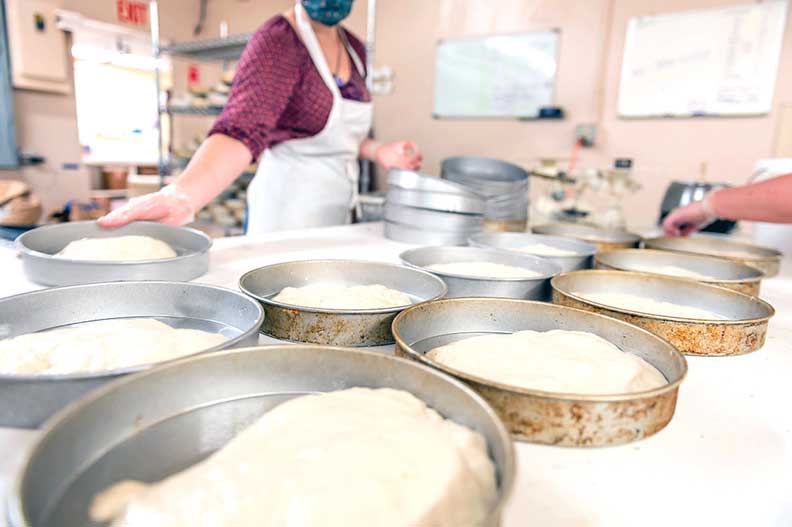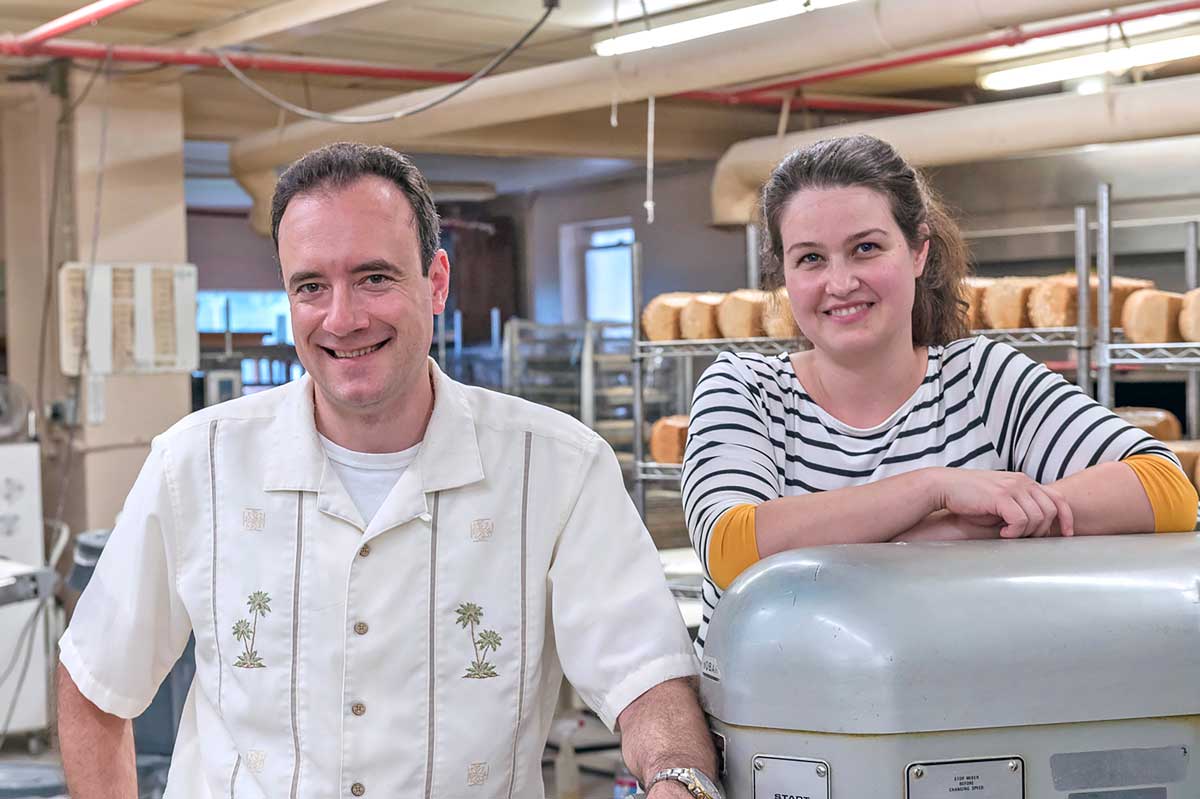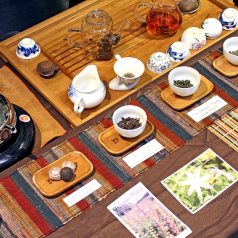
Business of the Month – Stone Leaf Teahouse
A whistling tea kettle, the spicy aroma of simmering chai, a quiet space to sit, relax, and enjoy the moment…these are all part of the typical experience when you visit our featured Co-op Connection Business, Stone Leaf Teahouse, and it seems to beckon us this time of year when the air turns cool and crisp. Of course, the challenges to community health and safety presented by the COVID pandemic have led Stone Leaf Teahouse owner John Wetzel to make the difficult decision to transition to a slightly adjusted model where you can place your order and sip your tea outdoors on the teahouse patio. You can also place an order online and select curbside pickup or have the tea delivered right to your door. Perhaps recreating the cozy atmosphere of the Teahouse in the comfort of your own home as you sip your delicious tea can be a fun way to spend a restful weekend day? The indoor area of the teahouse is now open for browsing Stone Leaf’s beautiful collection of teaware!
The staff at Stone Leaf Teahouse has an intimate knowledge of the impressive list of teas offered and John has traveled to many of the farms from which their teas are sourced, gaining an even deeper understanding of the tea’s journey from farm to cup. They have applied their collective knowledge to develop an extremely handy online “Tea Guru” tool that will walk you through the process of selecting a tea that you will love. Remind them that you’re a Co-op member-owner and you’ll receive 10% off your order! You can also find their premium loose leaf teas in our Bulk tea department. It’s a unique treat to have teas this fresh available in our store. Read on to learn more about the teahouse and its offerings.
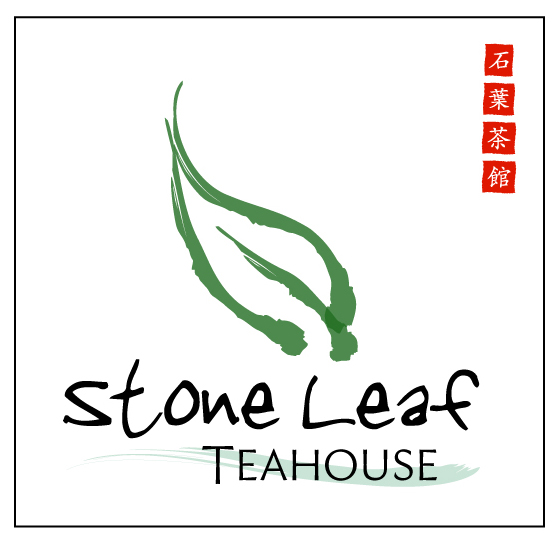
About Us:
Based in Vermont, our teas reflect our ideals; grown with skill and heart to cultivate a healthy ecosystem and global community. Each year we visit the tea gardens that produce the finest teas in the world. We connect you to the families that have grown and processed tea for generations.
Established in 2009, Stone Leaf Teahouse was built, well from the stone. Upon returning from travels in India and Taiwan, we searched for the perfect space for storing and serving quality tea. We found that space in the Marbleworks in Middlebury, Vermont…our little “tea cave”. Surrounded by stone, our fresh teas keep fresh, and our aging teas age gracefully.
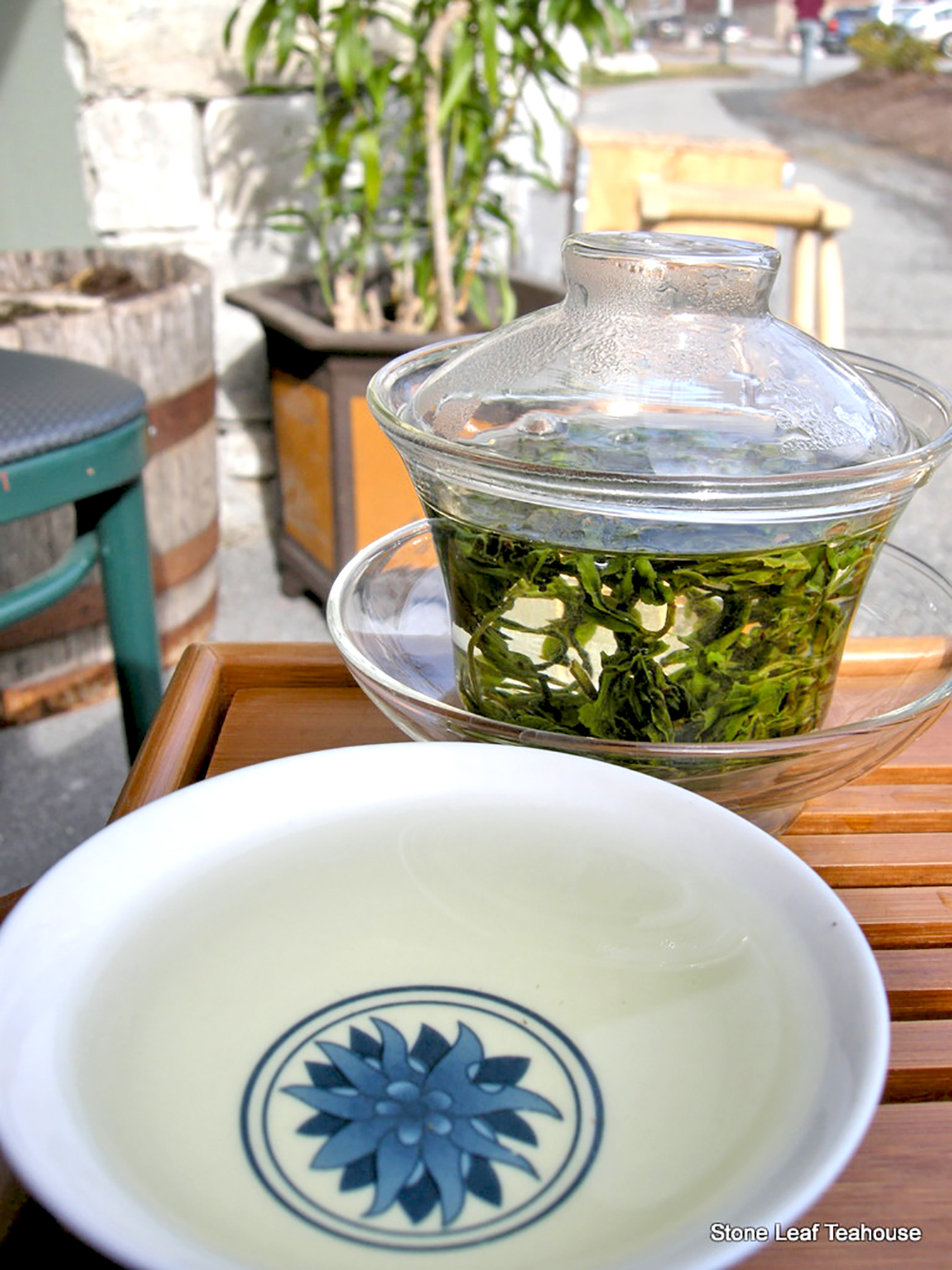
Our Focus:
We travel to all the regions where we source tea to forge a connection between the grower and drinker, directly importing from China, Taiwan, India, Nepal, and Japan (with more to come as we grow!).
We source teas fresh, buying the best harvests, often multiple times a year.
We connect the tea drinker to the tea garden.
We are students of tea, here to share the connection through a cup of tea.
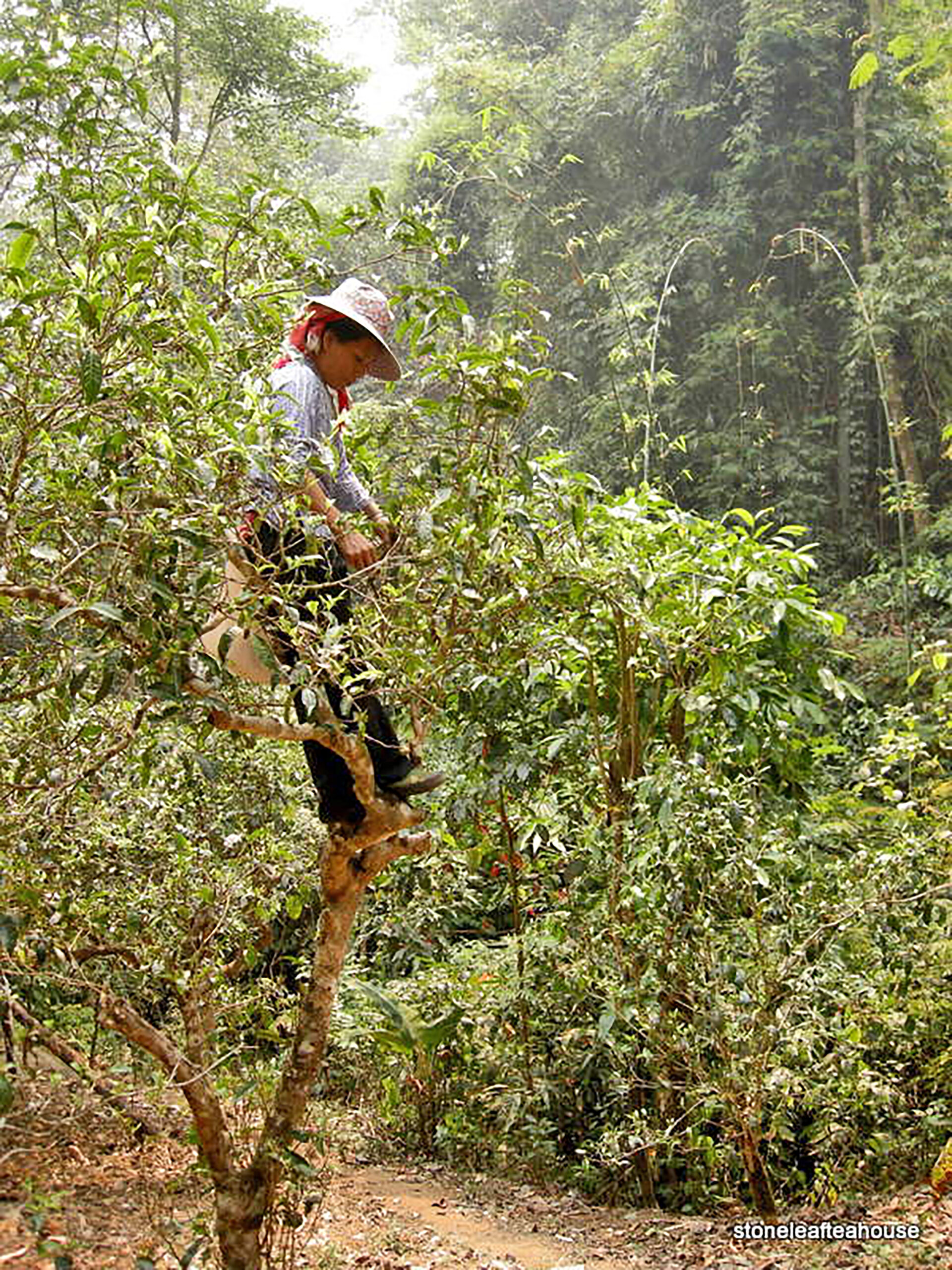
Workshops:
Would you like to delve deeper into the world of tea? Check out the workshop calendar for some exciting opportunities to learn more! Of course, for now, these workshops will be offered online. You can also visit the Tea House blog to read more about the world of tea, including a fascinating post on the rich and complex history of tea, sugar, and slavery.
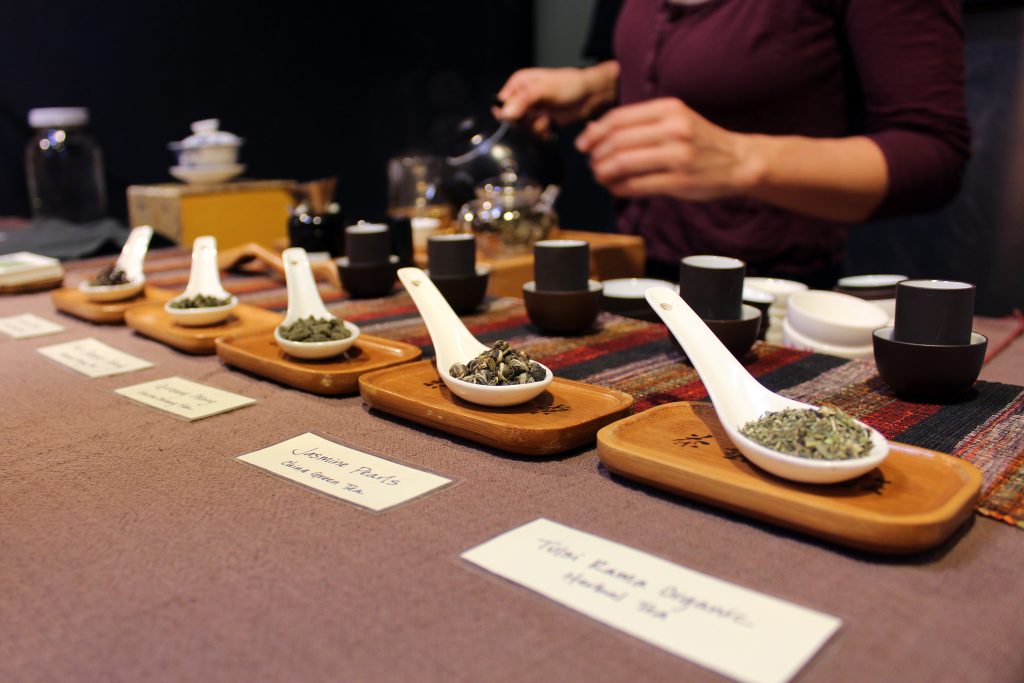
The Menu:
Stone Leaf Teahouse offers an extensive menu of some of the freshest and most unique tea varieties available. Many of their tea offerings are certified organic. To view the full menu, click here.

